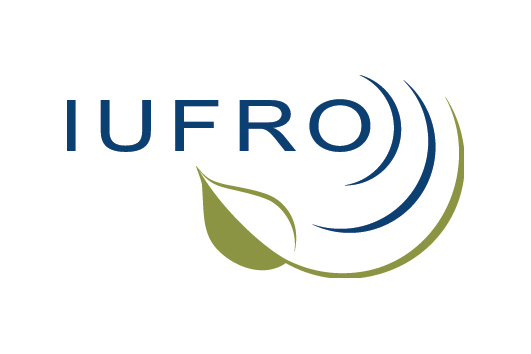Keynote lectures IUFRO 1.05 & 1.09 Conference
Confirmed speakers
- Linda M. Nagel, Utah State University, USA (IUFRO 1.05 Chairwoman)
- Andrés Bravo-Oviedo, National Museum of Natural Sciences - CSIC, Spain (IUFRO 1.09 Chairman)
- Pablo Jorge Donoso, Universidad Austral de Chile, Chile
- Petr Horáček, Global Change Research Institute CAS & Mendel University in Brno, Czech Republic
- Toshiaki Owari, University of Tokyo, Japan
- Arne Pommerening, Swedish University of Agricultural Sciences, Sweden
Keynote lectures in detail
| Linda M. Nagel, Utah State University, USA Keynote lecture: Managing for Uncertainty through Adaptive Silviculture for Climate Change Linda Nagel is a professor of silviculture and Dean of the S.J. and Jessie E. Quinney College of Natural Resources at Utah State University, USA. She leads the Adaptive Silviculture for Climate Change Network (ASCC), aimed at bringing together practitioners and scientists to co-develop adaptive forest management practices in the face of climate change. This high-impact research and outreach project is translating climate adaptation theory into practice, with 14 research sites across North America, and includes over 100 partners. Nagel has served on the faculty at Michigan Technological University, the University of Minnesota, where she also served as Director of Operations of the Cloquet Forestry Center and the Hubachek Wilderness Research Center, and Colorado State University, where she was Department Head. She has received awards for teaching excellence, efforts toward diversity and inclusion in natural resources, outreach and service to forestry professionals, including the National Advanced Silviculture Program for the United States Forest Service, and leadership of the ASCC Network for its contributions and broad impact to forest science and management. |
|
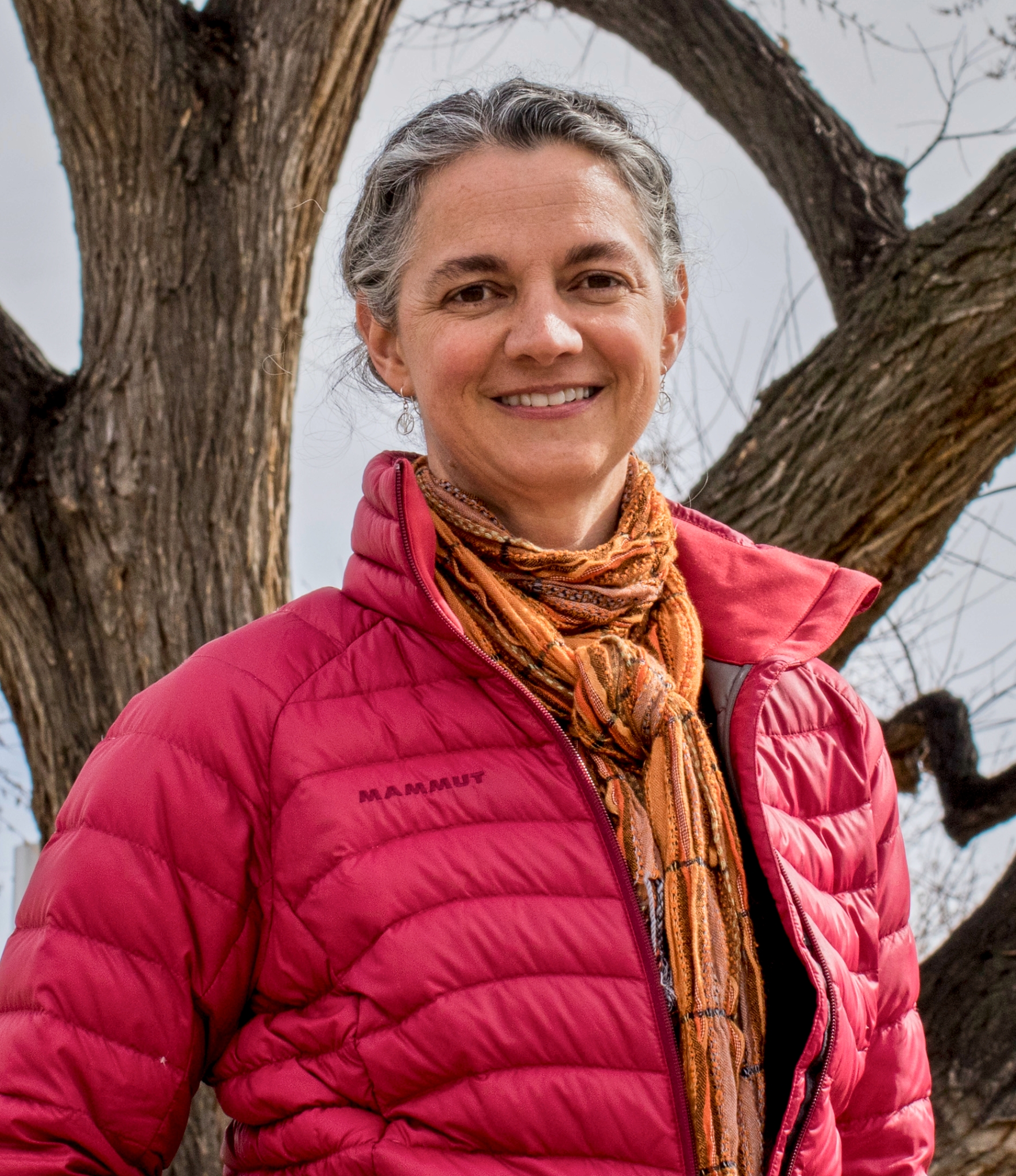 |
|
|
Andrés Bravo-Oviedo, National Museum of Natural Sciences - CSIC, Spain |
|
 |
|
|
Pablo Jorge Donoso, Universidad Austral de Chile, Chile
|
|
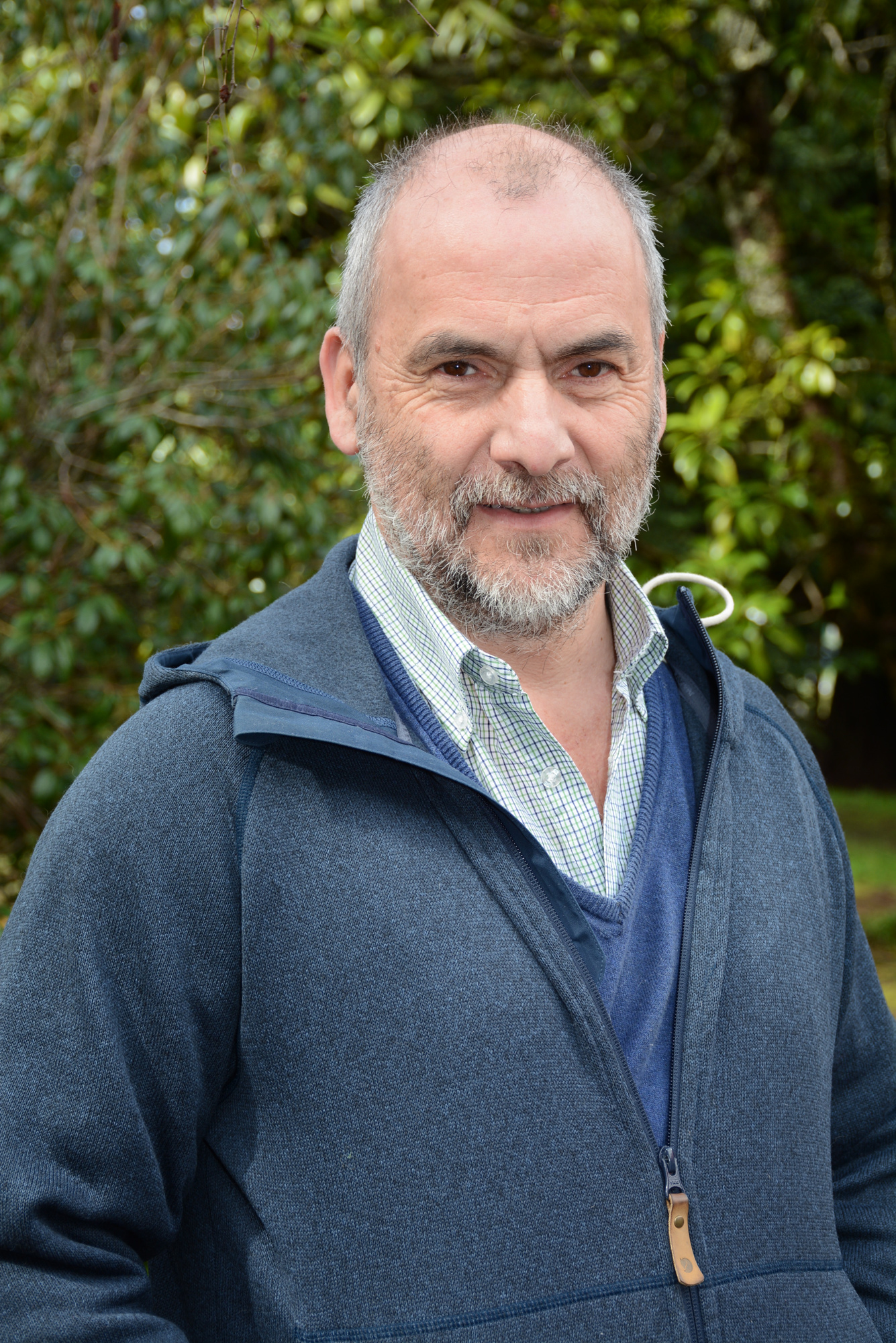 |
|
|
Petr Horáček, Global Change Research Institute CAS & Mendel University in Brno, Czech Republic
|
|
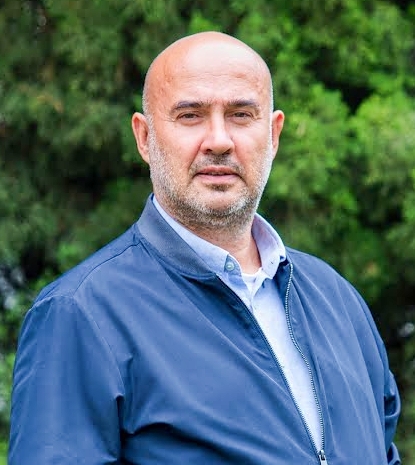 |
|
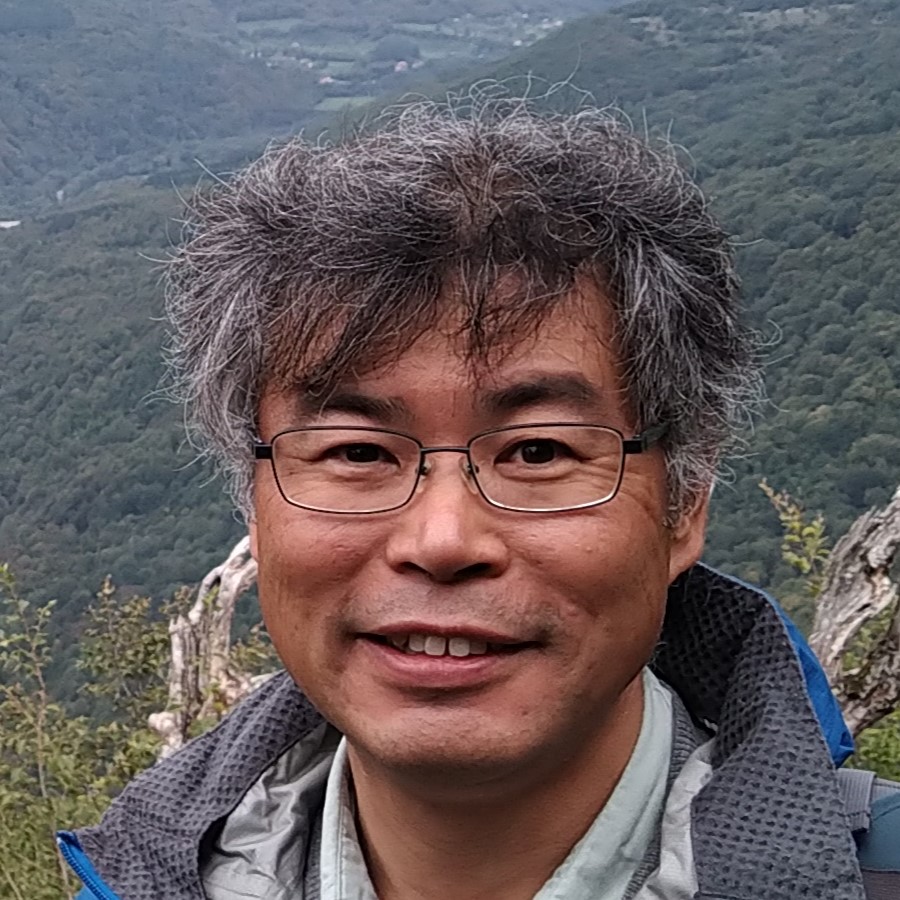 |
Toshiaki Owari, The University of Tokyo, Japan Keynote lecture: Digital transformation of uneven-aged forest management and planning Toshiaki Owari is an associate professor at the Graduate School of Agricultural and Life Sciences at the University of Tokyo. He also serves as Director of the University of Tokyo Hokkaido Forest (UTHF), having 22,717 ha of forests in northern Japan. He leads a business-scale experiment of the stand-based silvicultural management system, which the UTHF has conducted for over 60 years to manage uneven-aged mixed conifer-broadleaf forests. His recent research mainly focuses on applying spatial information technologies such as GIS, GNSS, LiDAR, and UAV to support decision-making in the precision management of uneven-aged mixed forests. He is a deputy coordinator of IUFRO Research Group 1.05.00 (Uneven-aged silviculture) and Working Party 1.01.09 (Ecology and silviculture of fir). |
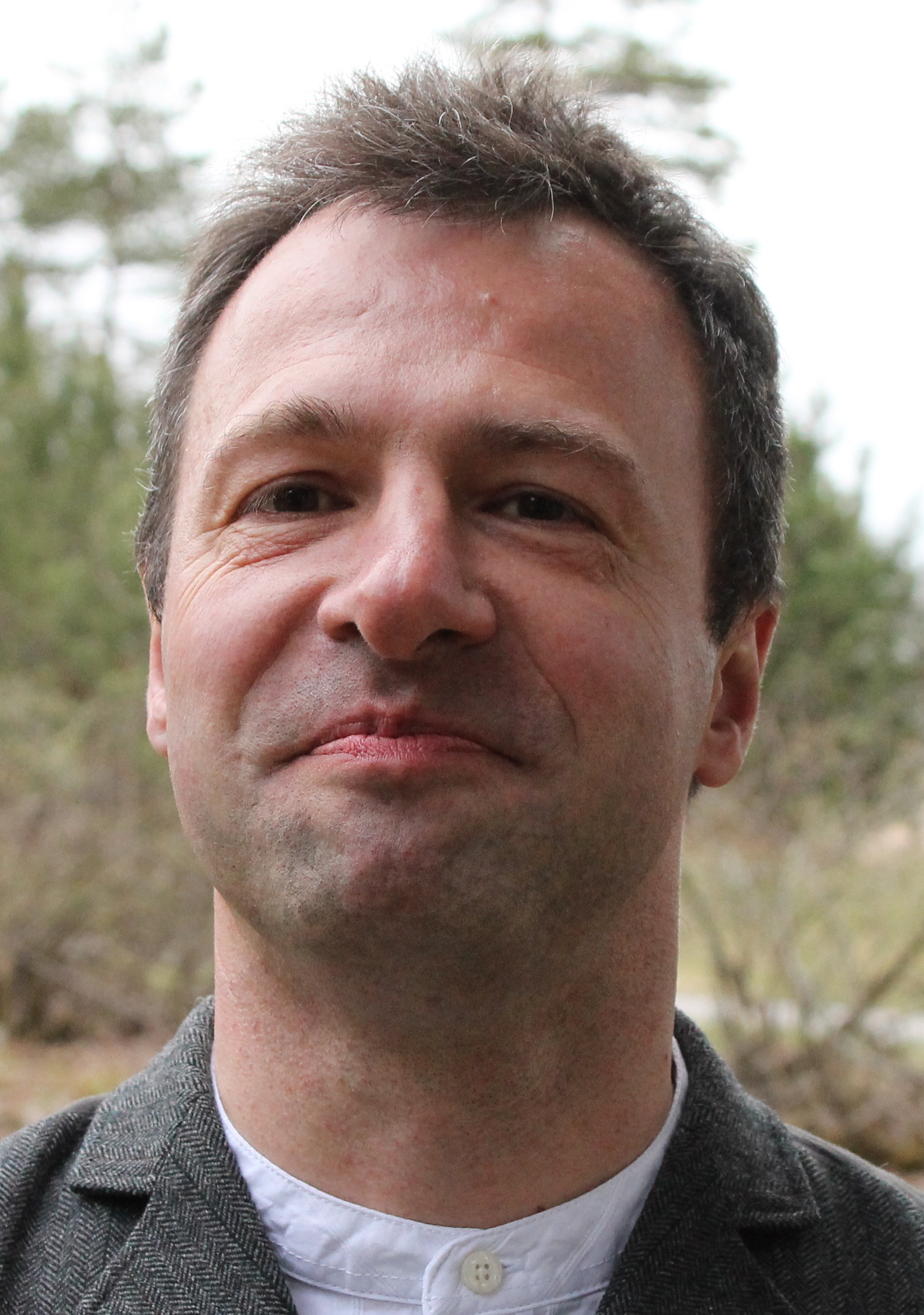 |
Arne Pommerening, Swedish University of Agricultural Sciences, Sweden Keynote lecture: The trees, the people and the marteloscope – What human tree selection behaviour can tell us about CCF training requirements Arne Pommerening is a chair professor at the Swedish University of Agricultural Sciences (SLU) in Umeå. He is a theoretical forest scientist. His research areas include woodland structure analysis and modelling, spatiotemporal dynamics of plant point patterns, individual-based modelling focusing on plant interactions, plant growth analysis, methods of quantifying and monitoring biodiversity and the analysis of human behaviour of selecting trees. Recently his group also developed a keen interest in how marked point patterns based on mapped plant communities evolve through time. The ontogenesis of such patterns can be studied using individual-based models, which is a fascinating field of research. Much of his research is in quantitative ecology, including computer-based simulation experiments. He also has a strong research interest in silviculture, particularly continuous cover forestry (CCF). His research is strongly interdisciplinary and international. |
